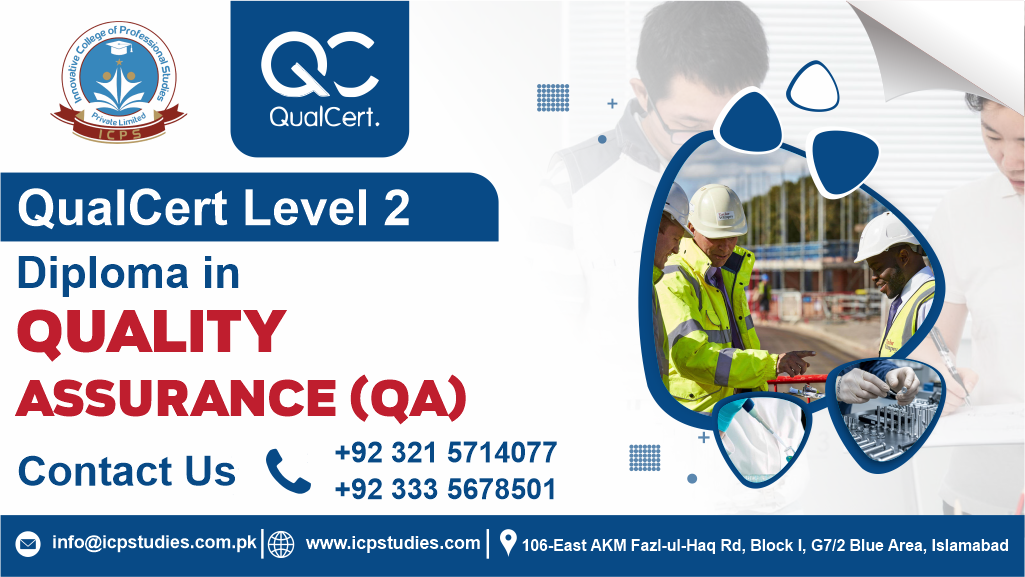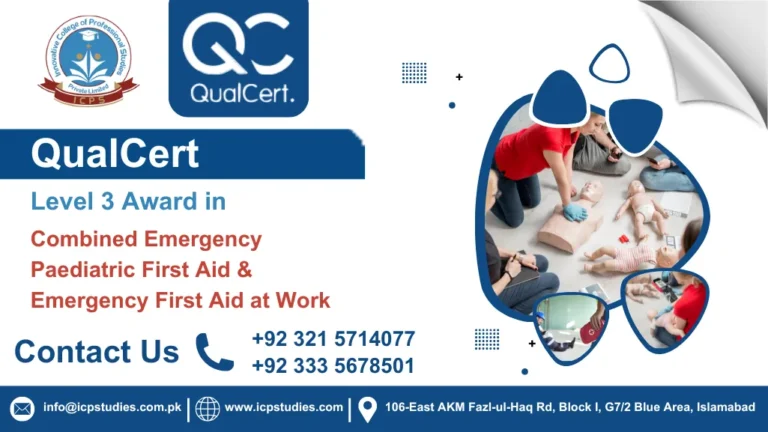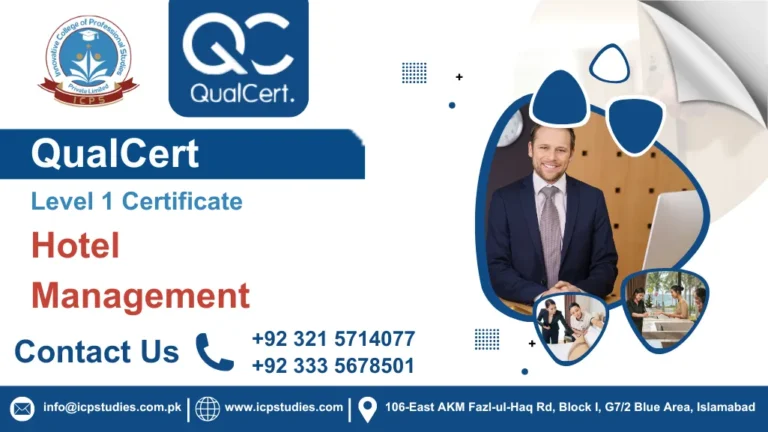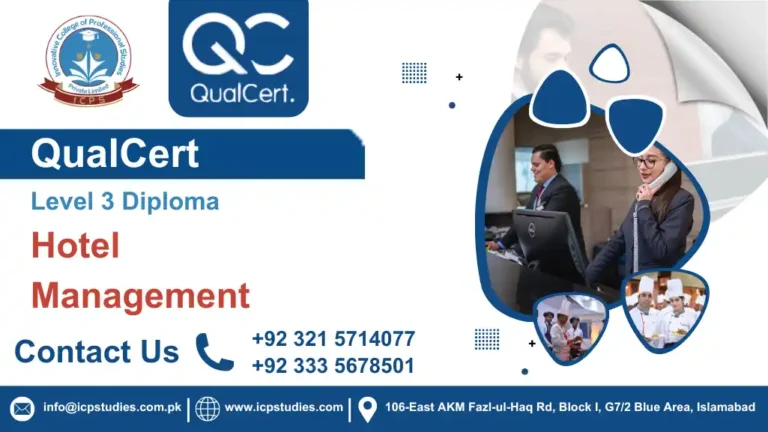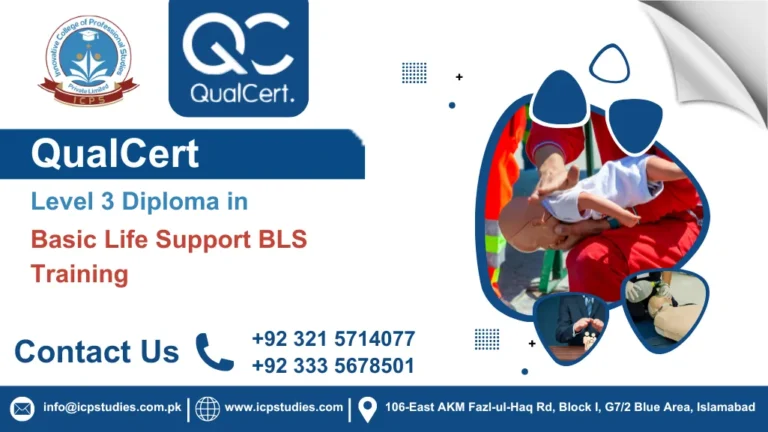The QualCert Level 2 Diploma in Quality Assurance (QA) is a globally recognized certification designed for professionals looking to enhance their expertise in quality management and assurance. This UK-based qualification is entirely assignment-based, making it an accessible and flexible option for learners worldwide. The course provides essential knowledge and skills required to monitor and maintain quality standards in various industries, ensuring efficiency and compliance with regulations.
The QualCert Level 2 Diploma in Quality Assurance (QA) is a globally recognized certification designed for professionals looking to enhance their expertise in quality management and assurance. This UK-based qualification is entirely assignment-based, making it an accessible and flexible option for learners worldwide. The course provides essential knowledge and skills required to monitor and maintain quality standards in various industries, ensuring efficiency and compliance with regulations.
The QualCert Level 2 Diploma in Quality Assurance (QA) is a valuable certification for individuals looking to build a strong foundation in quality management. With its flexible, assignment-based approach and worldwide recognition, this qualification opens doors to numerous career and academic opportunities. Whether you are starting a new career or aiming for professional growth, this course is an excellent investment in your future.
Enroll Today and Take the Next Step in Your QA Career!
For more details on enrollment, course fees, and study materials, visit the official QualCert website or contact an accredited training provider.
All About QualCert Level 2 Diploma in Quality Assurance (QA)
Course Overview
The QualCert Level 2 Diploma in Quality Assurance (QA) is a UK-based certification designed for individuals looking to build a strong foundation in quality management and assurance. This internationally recognized qualification is entirely assignment-based, offering flexibility for learners worldwide. It is structured to equip professionals with the essential skills required to ensure quality control, regulatory compliance, and process improvement across various industries. Whether you are a beginner or an experienced professional, this course provides the knowledge and practical expertise to enhance efficiency and maintain high-quality standards in any business environment.
Study Units
- Introduction to Process Control
- Quality Control Procedures
- Quality Documentation
- Quality Audits: Principles and Practices
- Reporting in Quality Assurance
The Level 2 Diploma in Quality Assurance (QA) provides a solid foundation in quality management principles for individuals looking to develop their expertise in the field. To maximize participants’ learning experience, the course has the following entry requirements:
- Age: Applicants must be at least 18 years old.
- Education: A high school diploma or an equivalent qualification (such as a GED) is required.
- Experience: While prior industry experience in a quality-related role is beneficial, it is not mandatory.
- English Proficiency: As the course is conducted in English, applicants must have a strong command of the language.
The Level 2 Diploma in Quality Assurance (QA) is designed for individuals from diverse backgrounds who want to build a strong foundation in quality management principles. This course is ideal for:
1. Quality Assurance Professionals
Current QA professionals looking to expand their knowledge and refine their skills. The course provides practical techniques and insights that can be applied directly to their roles.
2. Aspiring Quality Managers
Individuals aiming to enter the field of quality management or transition into a quality-focused role. This diploma equips them with essential knowledge and credentials to advance their careers.
3. Operational Managers and Supervisors
Managers and supervisors responsible for overseeing quality-related aspects of operations. A solid understanding of quality assurance helps improve processes, ensure compliance, and drive continuous improvement within teams.
4. Process Improvement Specialists
Professionals engaged in process improvement initiatives who need a deeper understanding of quality management systems and methodologies. This course provides the necessary tools to enhance efficiency and effectiveness.
5. Regulatory Compliance Officers
Those responsible for ensuring organizational adherence to industry regulations and standards. The course covers key compliance principles, equipping professionals to manage regulatory requirements effectively.
6. Recent Graduates and Entry-Level Professionals
Individuals new to the quality assurance field. The diploma offers a comprehensive introduction to QA concepts, making it a strong foundation for those beginning their careers.
7. Business Owners and Entrepreneurs
Entrepreneurs and business owners seeking to implement strong quality assurance practices to enhance product or service quality and boost customer satisfaction
Learning Outcomes
1. Fundamentals of Quality Assurance
- Explore the core principles of quality assurance and its significance across industries.
- Familiarize yourself with essential QA terminologies and concepts.
- Understand the importance of quality standards, regulations, and compliance.
- Recognize the role of QA professionals in maintaining excellence in products and services.
2. Introduction to Process Control
- Define process control and its impact on quality management.
- Examine various process control methods used in different industries.
- Learn how to monitor and adjust processes to ensure consistent quality.
- Understand statistical process control (SPC) techniques and their applications.
3. Quality Control Procedures
- Differentiate between quality control and quality assurance.
- Explore key quality control techniques, including inspections and testing.
- Learn to identify defects in products and services and implement corrective actions.
- Apply preventive measures to enhance overall quality outcomes.
4. Quality Documentation
- Understand the significance of documentation in quality management.
- Learn to create, manage, and maintain essential quality records.
- Identify various types of quality documents, including standard operating procedures (SOPs) and work instructions.
- Recognize the role of accurate record-keeping in audits and regulatory compliance.
5. Quality Audits: Principles and Practices
- Define quality audits and their role in continuous improvement.
- Understand different types of audits, including internal and external audits.
- Learn how to prepare for, conduct, and evaluate a quality audit.
- Identify non-conformities and develop corrective action plans based on audit results.
6. Quality Assurance Reporting
- Understand the importance of reporting in quality assurance.
- Learn how to compile, analyze, and present quality data effectively.
- Develop skills in writing audit reports, quality control summaries, and compliance documentation.
- Utilize reporting tools and techniques to support decision-making and process improvements.
FAQs QualCert Level 2 Diploma in Quality Assurance (QA)

